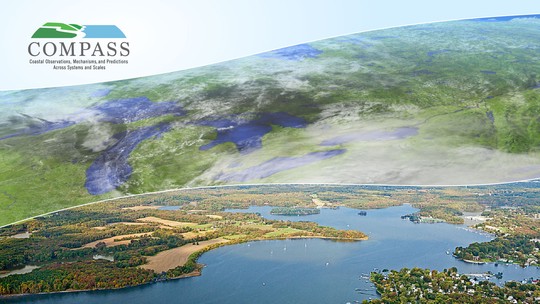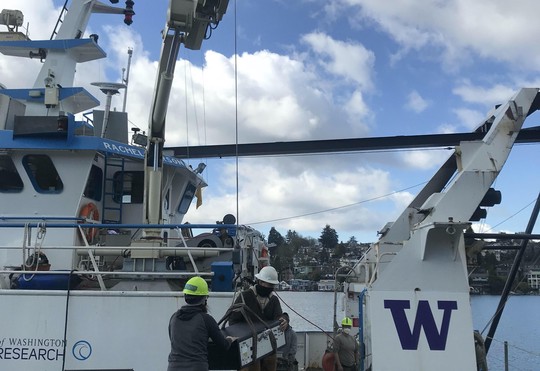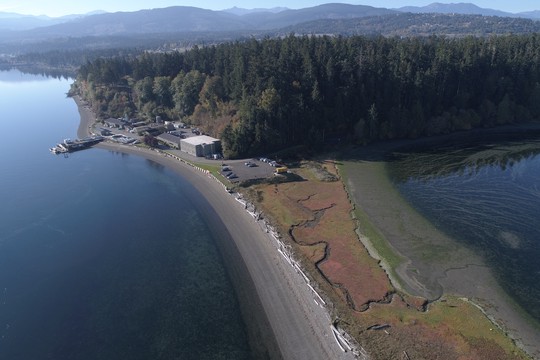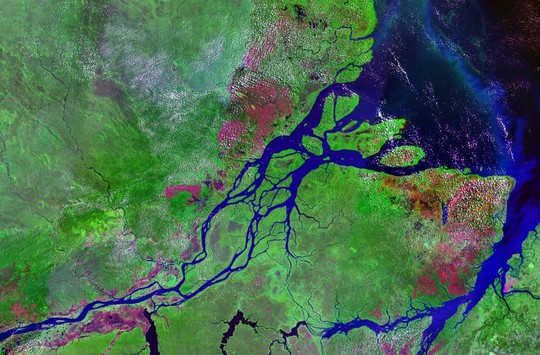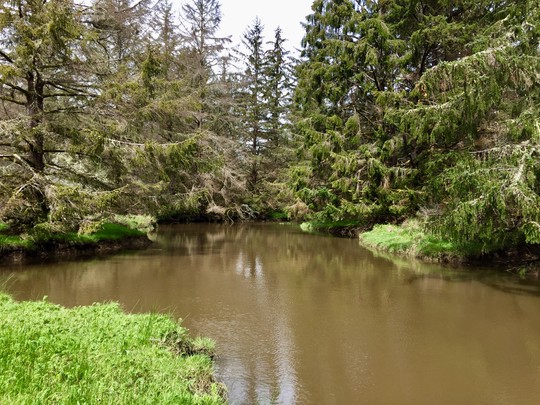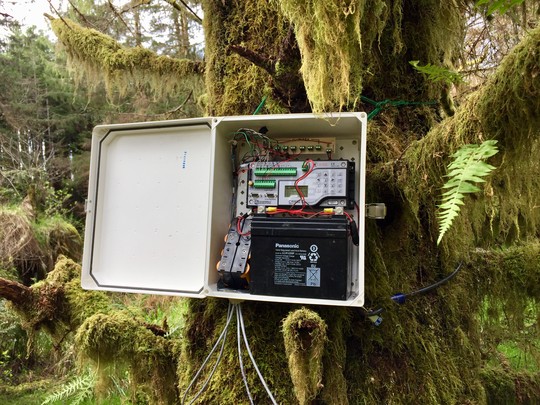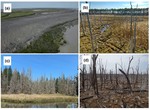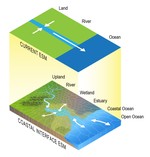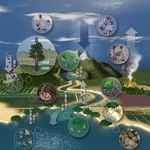About Us
Human societies and earth systems are in constant co-evolution, while anthropogenic impacts on the environment can be both intensified and dampened by natural feedback loops. Our collaborative team seeks to establish a baseline understanding of how ecosystems function naturally and predict the influence of disturbances and human activities on hydrological, biogeochemical, and ecological processes on global, regional, and local scales.
